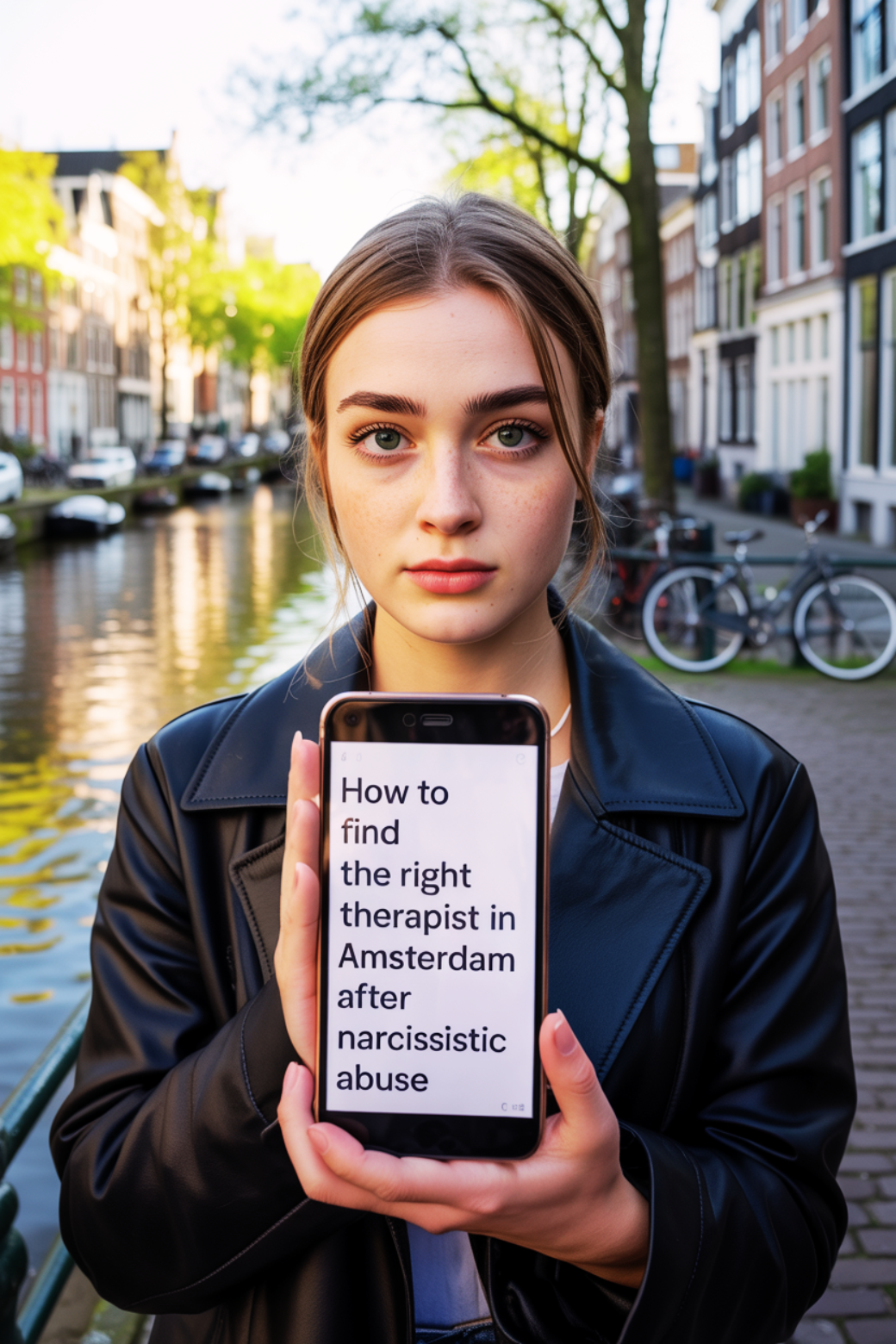Now Reading: How to Find the Right Therapist in Stockholm After Narcissistic Abuse
- 01
How to Find the Right Therapist in Stockholm After Narcissistic Abuse

How to Find the Right Therapist in Stockholm After Narcissistic Abuse
🇸🇪 How to Find the Right Therapist in Stockholm After Narcissistic Abuse
Your Survivor-Centered Guide to Real, Trauma-Literate Healing
Stockholm offers some of the most advanced mental health services in Scandinavia — but not all therapists are equipped to help you untangle the wreckage left by narcissistic abuse. You don’t just need someone to “talk to.” You need someone who understands identity erosion, gaslighting, trauma bonding, and emotional control systems — and how to help you recover your voice.
This guide is for survivors in Stockholm: whether you’ve just left the relationship, are still stuck in it, or are silently falling apart years later. Healing starts with being understood — not fixed, minimized, or pathologized.
🛑 The Problem: Not All Therapy in Stockholm Is Safe for Survivors
Here’s what too many survivors experience:
- Therapists who treat emotional abuse as “communication problems”
- Pressure to co-regulate with abusers
- Surface-level CBT that skips past the deeper damage
- Stoic, non-reflective therapy styles that feel cold and clinical
Yes, Sweden is known for its high-quality healthcare — but narcissistic abuse isn’t always seen in its full complexity here. That’s why you have to be discerning.
🧠 What Makes a Good Therapist for Narcissistic Abuse in Stockholm?
Look for someone who:
✔️ Understands narcissistic personality disorder (NPD) and complex trauma
✔️ Is fluent in concepts like gaslighting, trauma bonding, and emotional coercion
✔️ Offers trauma-informed therapy: EMDR, Internal Family Systems (IFS), Schema Therapy, or somatic work
✔️ Listens without judgment or hierarchy
✔️ Respects your need to go slow, especially with trust and boundaries
✔️ Validates your emotional reality — even if others didn’t
🧩 Ask These 10 Questions in Your First Call, Email, or Session
These aren’t just “nice to ask” — they are protective armor for your mental health.
- Do you work with survivors of narcissistic or psychological abuse? Look for: “Yes, and here’s how.” Not vague answers like, “I work with relationships generally.”
- How do you help someone rebuild trust in themselves after long-term gaslighting? Look for responses involving memory work, nervous system regulation, and validation strategies.
- Which specific therapy approaches do you use for trauma recovery? EMDR, IFS, somatic experiencing, or schema therapy = green light. Only CBT or “talking” = proceed with caution.
- Can you help me identify subtle or manipulative behavior patterns? You want someone who helps name patterns without blaming or rushing to conclusions.
- How do you support boundary repair for someone who’s never been allowed to have boundaries? A solid answer will include nervous system work, practice scenarios, and psychoeducation.
- What’s your approach when a client feels guilty or ashamed for staying in a toxic relationship? Look for acknowledgment of trauma bonding, attachment wounds, and power imbalance — not judgment.
- How do you help clients who fear abandonment, but don’t trust people anymore? Trauma-aware therapists will speak about attachment repair, relational safety, and co-regulation.
- What do you do if I say something doesn’t feel right in our work together? If they welcome feedback, that’s a strong green flag. If they seem offended — run.
- Do you offer long-term therapy if that’s what I need? Stockholm’s healthcare system often encourages short-term interventions — but many private therapists offer ongoing support.
- What support or tools do you offer between sessions? Ask if they provide journaling prompts, somatic exercises, or worksheets. It matters.
🏥 Stockholm’s Mental Health System — What You Need to Know
🇸🇪
Region Stockholm (Public Healthcare)
Pros:
- Affordable or free with Swedish personal number (personnummer)
- Can access therapy via 1177.se or your health center
- Covers general mental health, some trauma therapy, CBT
Cons:
- Wait times can be 1–4 months
- Referrals often go through your GP
- Many therapists stick to brief CBT-based sessions
- Trauma bonding, narcissistic abuse, and covert control aren’t always recognized
How to Access:
- Log into 1177.se with your BankID
- Choose “Mental Health Support” or “Psykisk hälsa”
- Search for “psykolog” or “samtalsterapi”
- Filter for English-speaking therapists if needed
💼 Private, Survivor-Informed Therapists in Stockholm
These are trauma-aware therapists who work with survivors of abuse — often in English.
1.
Stockholm Therapy (Östermalm)
- Specializes in trauma, CPTSD, and post-abuse identity rebuilding
- Offers EMDR, schema therapy, and narrative repair
- stockholmtherapy.se
2.
KBTgruppen
- Offers both CBT and longer trauma therapy
- English-speaking options, and insight into narcissistic abuse patterns
- Accepts both private clients and certain insurance plans
3.
Cureum Psykologi (Södermalm)
- Focus on emotional abuse, NPD family systems, and anxiety
- Therapists with schema therapy and IFS experience
- cureum.se
4.
Private Practice – Dr. Annelie Hedman
- Clinical psychologist trained in EMDR and complex trauma
- Fluent in English and Swedish
- Accepts long-term clients recovering from abuse
🌐 Online Therapy Platforms (Sweden-Based)
- Mindler.se – Region-approved platform, includes trauma therapists with CBT and psychodynamic options
- KRY.se – Video-based therapy and mental health assessments (in English or Swedish)
- Livi – Offers access to psychologists via app
- TherapistsinSweden.com – International survivors directory with filters for narcissistic abuse
🔁 Community Support in Stockholm
- Föreningen Storasyster – Support for survivors of sexual or psychological violence
- SHEDO (Self Harm & Eating Disorders Org) – Offers survivor groups and education on trauma
- Roks Women’s Shelters – May connect with advocates aware of narcissistic patterns in DV
⚖️ Final Words for Stockholm Survivors
Yes, Stockholm has world-class healthcare.
Yes, many therapists are well-meaning and smart.
But narcissistic abuse isn’t about logic — it’s about power, invisibility, and emotional erosion. And not everyone sees that.
So you must advocate for yourself until you find the ones who do.
You’re not too sensitive.
You’re not imagining it.
You’re not broken — you were systematically broken down. And now, you get to rebuild.















